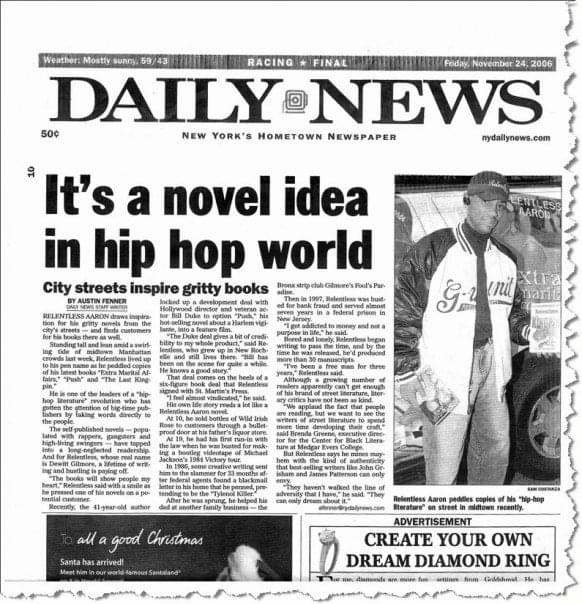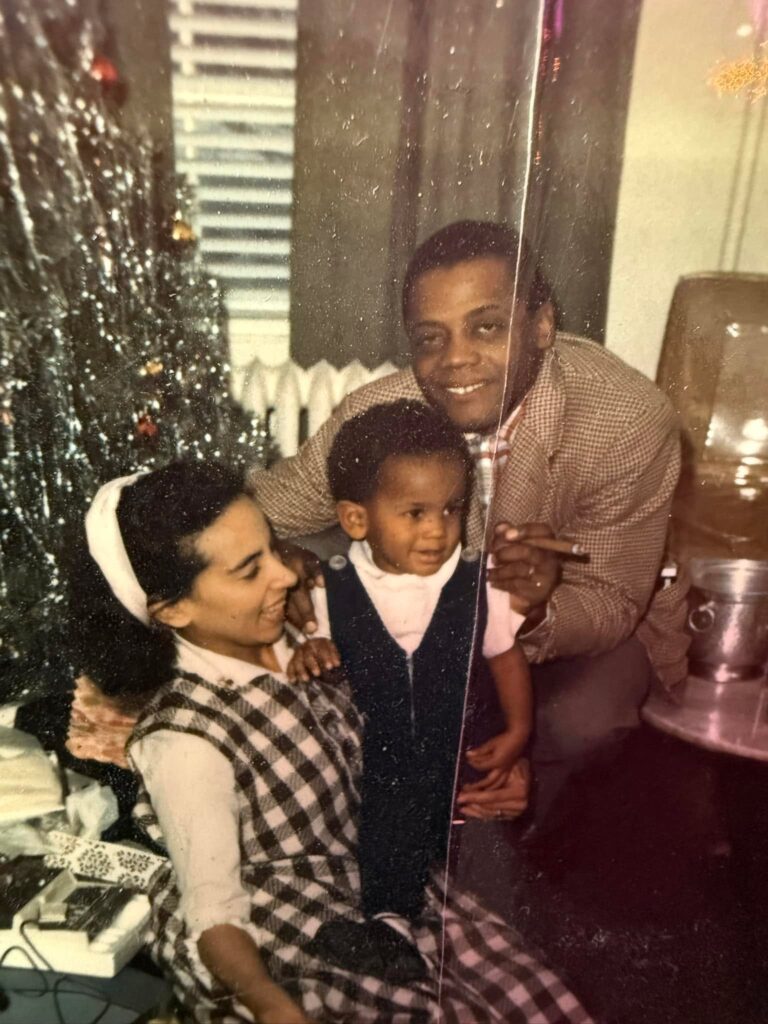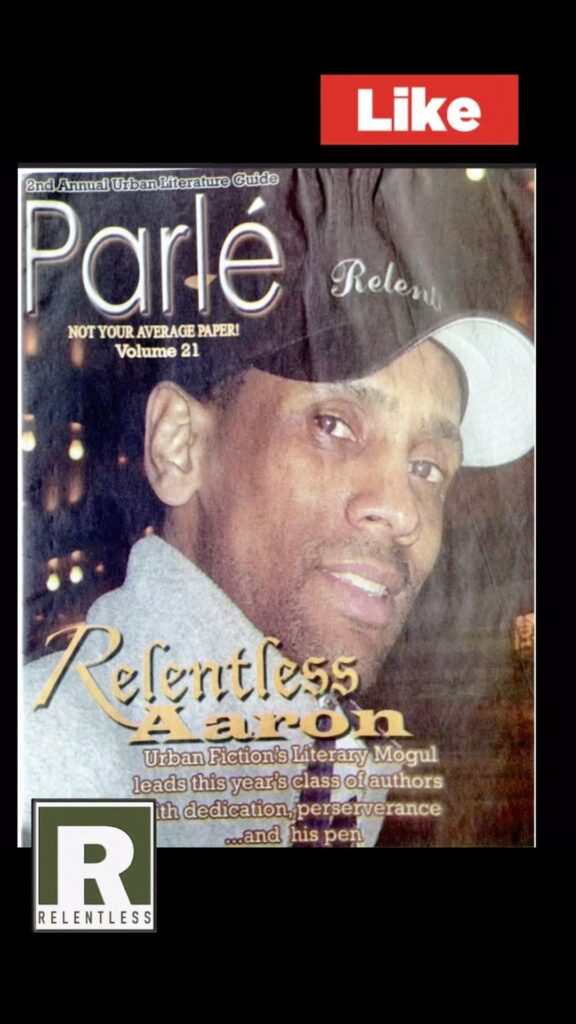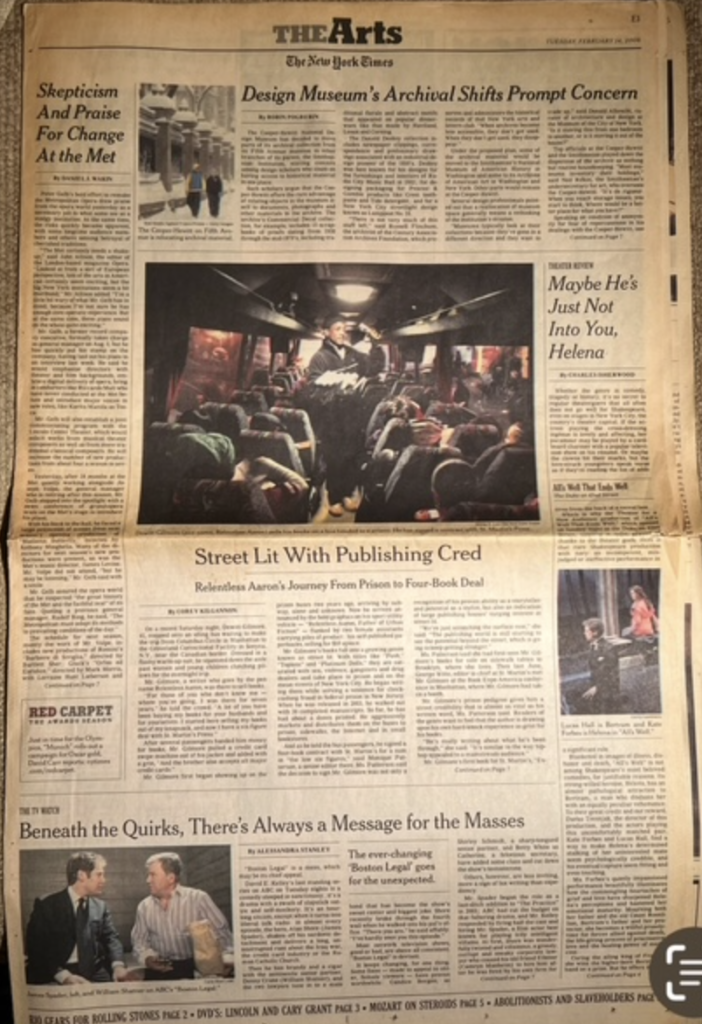A Legacy Written in Ink
By D. Gilmore
There’s an irony to how life plays out, how certain moments—those we never ask for—end up etched into history for the world to see. My family’s story is one of those ironies. Both my father and I have found our lives documented, celebrated, and scrutinized in the public eye. Yet neither of us sought out those headlines. Instead, they found us, just as the challenges that shaped us did.
In 1948, my father, a young athlete brimming with potential, made a split-second decision that changed his life forever. He told me the story countless times: running toward home plate during a baseball game, he tried to avoid colliding with the catcher, veering at the last moment. But fate had other plans. That decision led to a devastating accident—one that shattered not just his leg, but his dreams of a professional baseball career. The newspapers covered it, chronicling his injury and his resilience in the aftermath. He didn’t ask for the spotlight; it came unbidden, a byproduct of a life lived boldly, even when things went wrong.

Years later, I found myself in headlines of my own. Some of them, I’ll admit, I earned—though not in the way I’m proud of. It wasn’t hard to land in the police blotter in my younger, more dysfunctional years. But the ordeal with Sean Combs, much like my father’s accident, was not something I sought out. I didn’t ask to be dragged into a moment of violence, to have my name tied to his. Yet here I am, years later, still untangling the threads of a story I never intended to be part of.
The irony isn’t lost on me. My father, trying to avoid a collision, ended up with a broken leg and a broken dream. Me, just trying to live my life, found myself caught in a collision of my own, one that’s left its scars. And yet, like my father, I’m still standing.

I think about that parallel often—the way our lives have been shaped by moments we couldn’t control, and how those moments have ended up documented for the world to see. But what humbles me most is not the headlines or the attention. It’s the journey that came after. For my father, it was about resilience, about proving to himself and the world that he was more than the sum of his setbacks. For me, it’s about accountability.
I’ll be the first to admit, I didn’t always make the right choices. There were times when I leaned into dysfunction, when I ignored the advice of mentors and took the harder road out of pride or ignorance. But as I’ve grown, I’ve come to understand the value of taking full responsibility—not just for the missteps, but for the transformation that comes after.
Like my father, I didn’t ask for the challenges life threw at me. But I’ve learned to face them head-on, to find purpose in the pain and meaning in the mess. My journey has been about turning dysfunction into function, chaos into contribution. I don’t know where this road will lead, but I’m walking it with intention and humility, knowing that every step matters.

There’s something beautiful about the way our lives—mine and my father’s—have been captured in ink. Those old clippings of my father’s accident and recovery sit alongside today’s stories of my own struggles and triumphs. Together, they tell a story not of perfection, but of perseverance.
In the end, it’s not the headlines that define us. It’s what we do with the moments that put us there. My father showed me that even when life knocks you down, you can stand tall again. And now, I’m striving to do the same—not just for myself, but for the community I will one day leave behind.
Life is full of irony, full of unexpected turns and uninvited challenges. But through it all, I remain grateful. Grateful for the lessons, the blessings, and the chance to keep walking this road—no matter where it leads.






